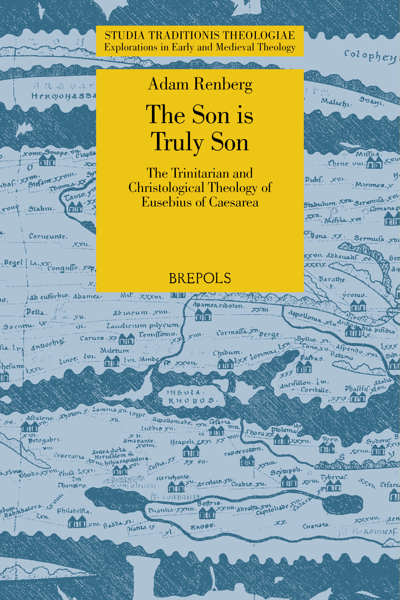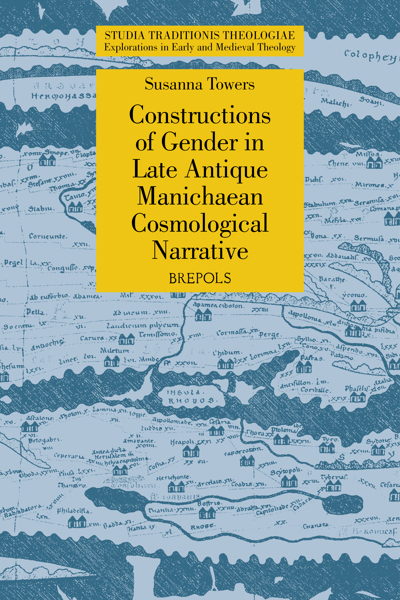
- Pages: 237 p.
- Size:156 x 234 mm
- Language(s):English, Italian
- Publication Year:2025
- € 75,00 EXCL. VAT RETAIL PRICE
- ISBN: 978-2-503-61428-1
- Paperback
- Available
- ISBN: 978-2-503-61429-8
- E-book
- Available
Mandonnet’s historically-informed account of Dante the theologian as a preacher, doctrinarian, and distinctively medieval poet, as well as his sophisticated analysis of the theological purpose, method, and content of the Commedia will be an invaluable resource for anyone who seeks to understand Dante’s works and their highly contested reception history today.
Having entered the Dominican order in 1883, Pierre Mandonnet (1858-1936) was Professor of Church History at the University of Fribourg from 1891-1918, and, on retirement, continued to research and teach at Le Saulchoir until his death. His publications include studies of Siger of Brabant, St Dominic and the origins of the Dominican order, and the texts attributed to Aquinas.
George Corbett is Professor of Theology, School of Divinity, University of St Andrews. His publications include Dante and Epicurus (2013), Dante’s Christian Ethics (2020), and, with Heather Webb, Vertical Readings in Dante’s ‘Comedy’, 3 vols (2015-2017).
Patricia Kelly is Honorary Senior Research Fellow, School of Divinity, University of St Andrews. Her publications include Ressourcement Theology: A Sourcebook (2020).
The Dominican master par excellence of the historical method, Pierre Mandonnet (1858-1936) came to Dante as one of the leading Thomists and medievalists of his generation. However, his monograph Dante le théologien (1935) was neglected and largely forgotten, mainly as a result of the lay historian Étienne Gilson’s book-length refutation in Dante et la philosophie (1939).
This new edition, and the first English translation, re-presents Mandonnet’s erudite and thought-provoking monograph to contemporary scholars and Dante enthusiasts. It includes a critical introduction that situates Mandonnet’s work in relation to prevailing currents of Dante scholarship in the early twentieth-century, and outlines how it might invite a reappraisal of central features of Dante’s thought today. Mandonnet’s historically-informed account of Dante the theologian as a preacher, doctrinarian, and distinctively medieval poet, as well as his sophisticated analysis of the theological purpose, method, and content of the Commedia will be an invaluable resource for anyone who seeks to understand Dante’s works and their highly contested reception history.
Acknowledgements
Editions Followed and Abbreviations
Note on the Translation
Editorial Introduction
Introduction
Part I. The Author
1. Dante Clericus
2. Dante’s Clerical Vocation
3. Dante’s Intellectual Formation
Part II. The Purpose
4. The Purpose of the Commedia
Part III. The Form
5. The Poetic Technique of the Commedia
6. 'One-In-Threeness’ in the Commedia’s ‘Sacred Drama’
Part IV. The Matter
7. Theology: The Proper Subject of the Commedia
Appendix: A Detailed Study of One Symbol in Accordance with the Above Principles
8. The ‘Ruin’ of Dante Scholars
Bibliography
Index




